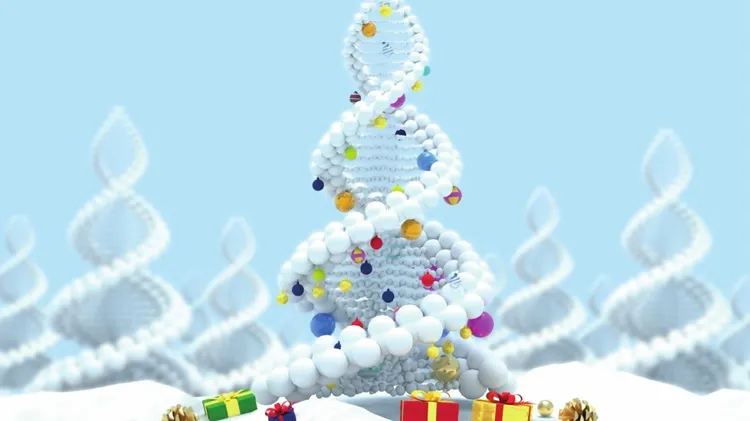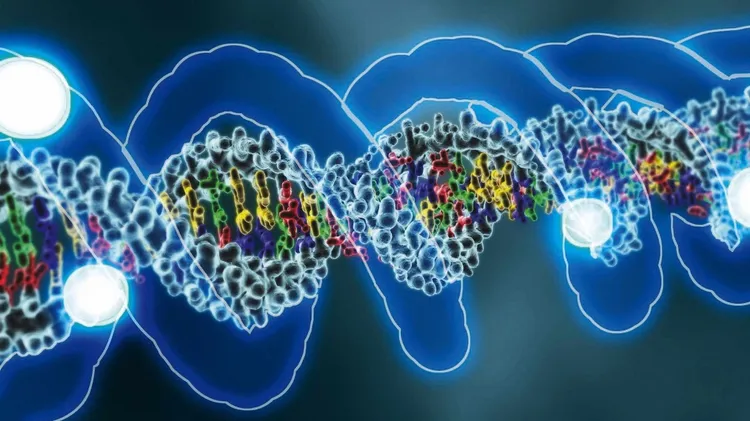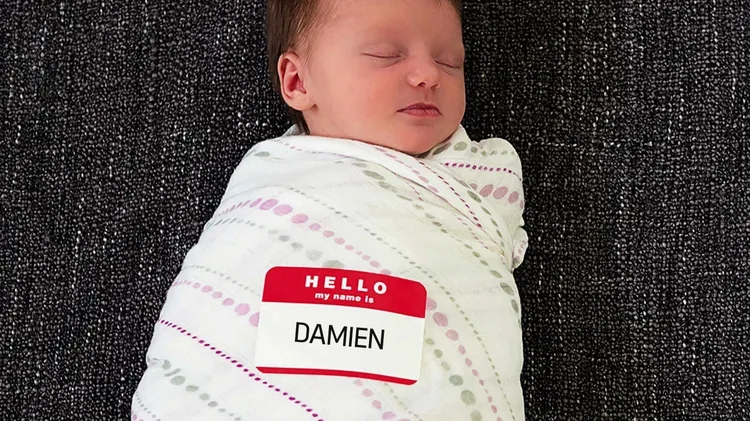In part four
Unravelling the epigenetic tapestry: illuminating prospects for family historians
10 min read
This article is from...
Read this article and 8000+ more magazines and newspapers on Readly






